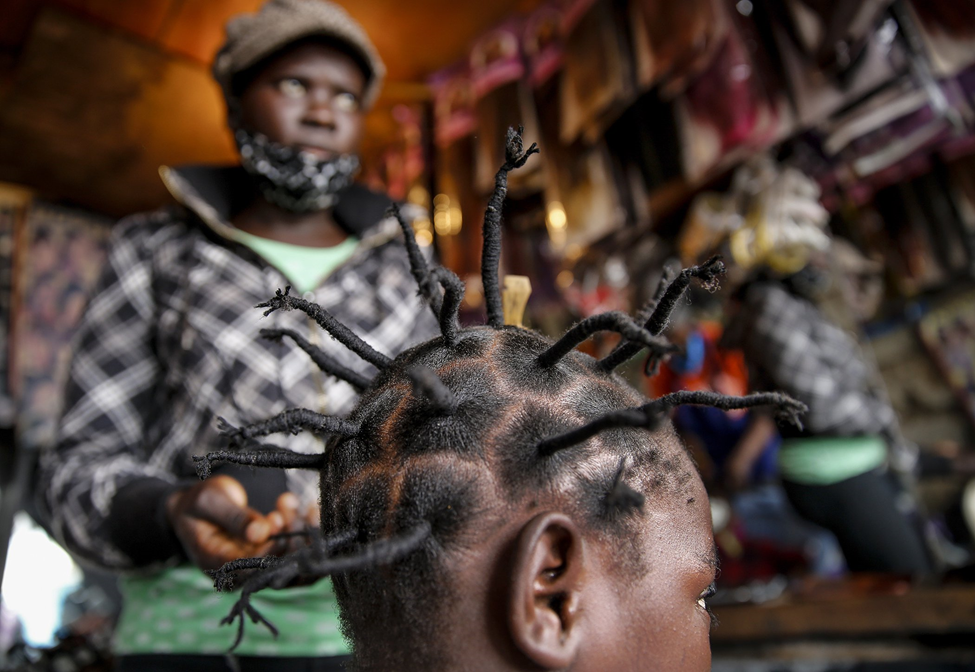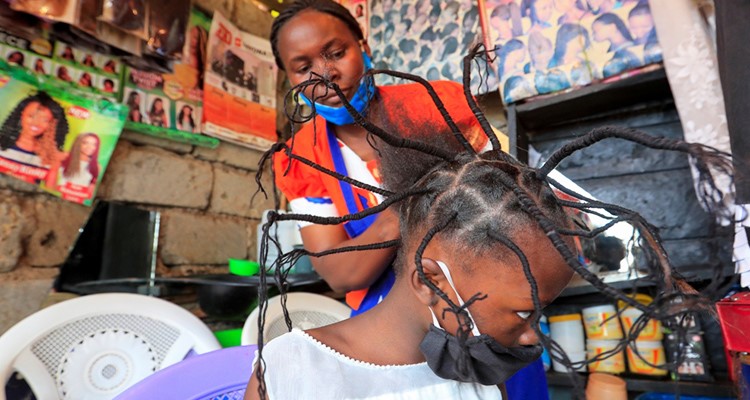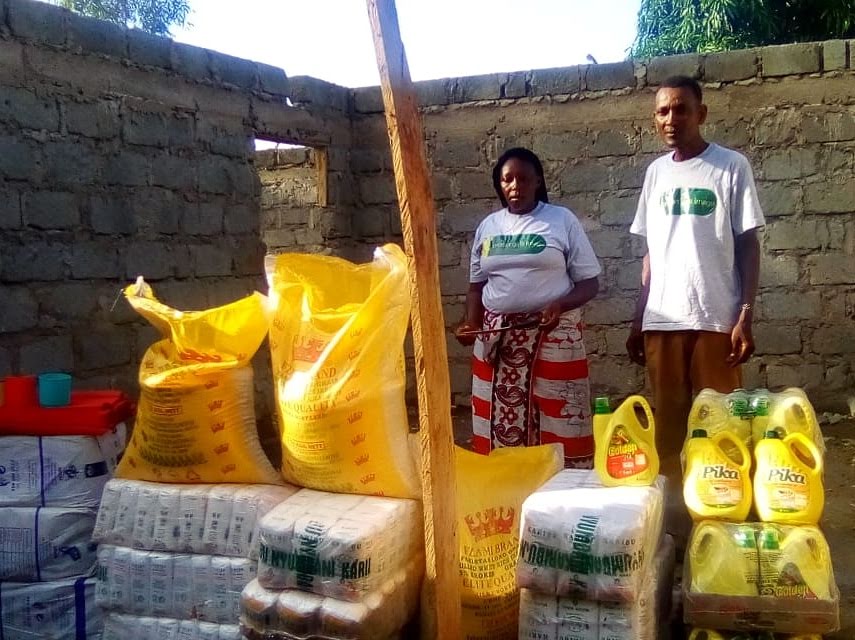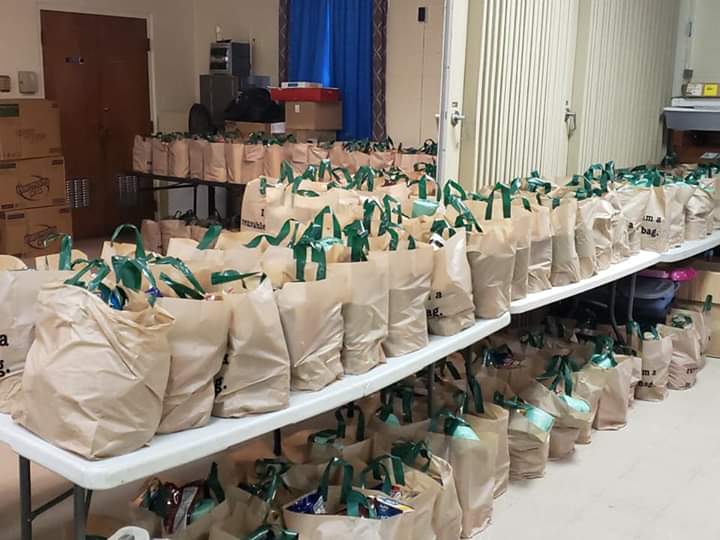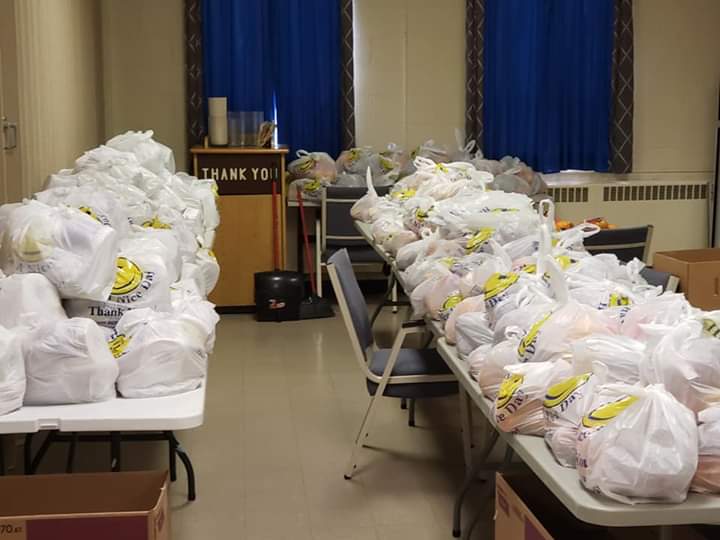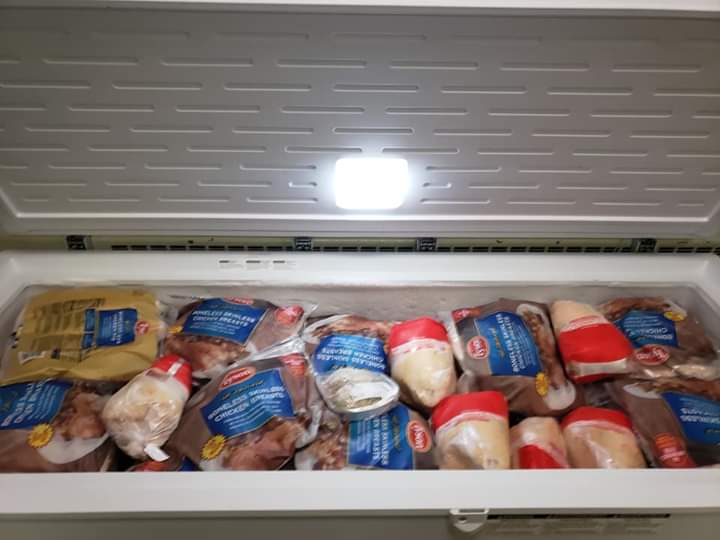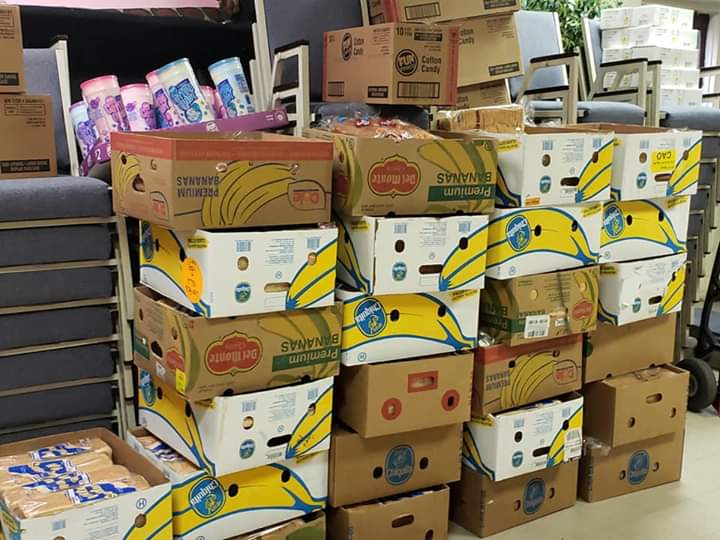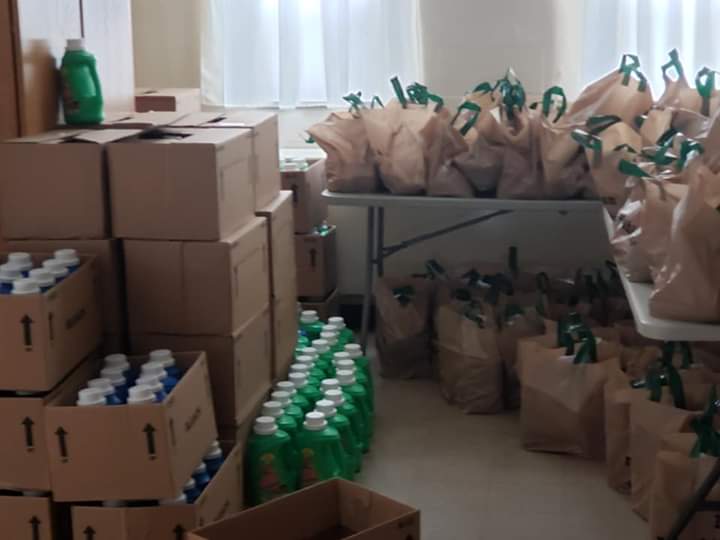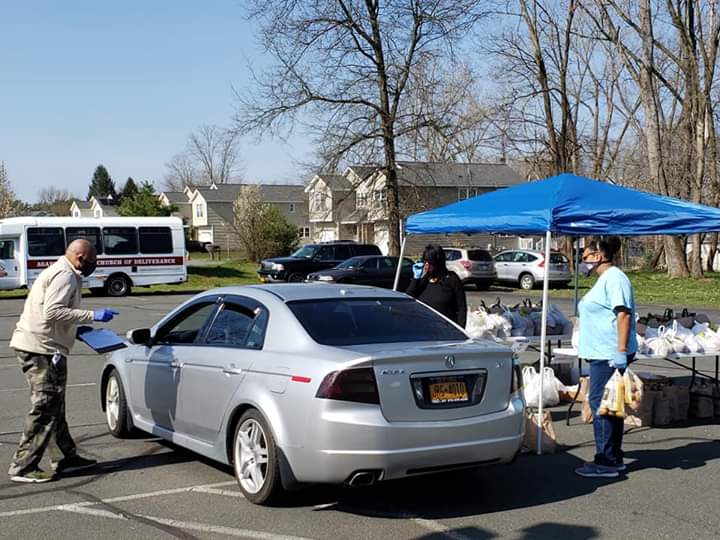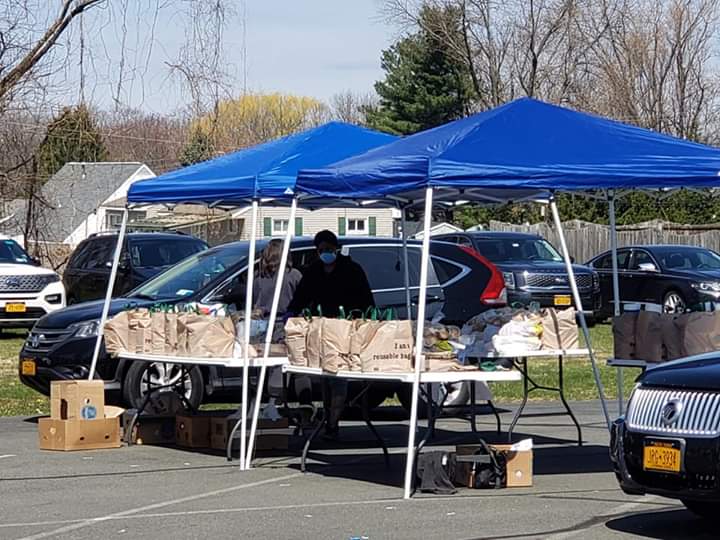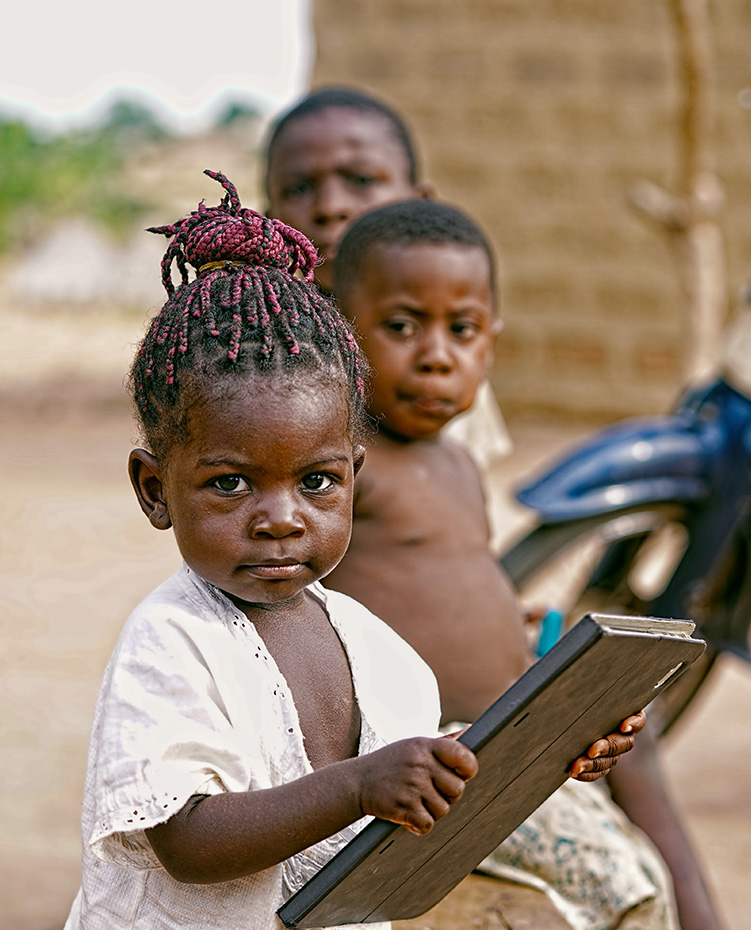As coronavirus continues to spread all over the world, governments have implemented lockdowns and curfews as a measure and that means that most of the travel has been restricted.
The new measures have also seen pubs, restaurants, and theatres close, while people have been asked to work from home where possible.
The COVID-19 pandemic has caused global stress, fear of the disease and the unknown future. Extreme stress can really affect your mental health and cause depression and anxiety.
I know you are not used to staying indoors for long periods of time and being isolated from your social support structures. This is why you are feeling worried and low most of the time.
It is recommended by psychology experts that you should try and maintain a normal routine when it comes to sleep, nutrition, and exercise especially if you have an existing mental health condition.
Again, I know it is not easy!
The World Health Organization (WHO) released a mental health guide for people who are self-isolating saying: “This time of crisis is generating stress in the population.”
So what should you do if your mental health is suffering during self-isolation; are there ways to ensure you safeguard your emotional and mental wellbeing during a potentially extended period of being alone?
Yes! Read till the end to learn how you can manage your mental health during this crisis period.
Make time for micro-lifts throughout your day.
I believe that one of the main problems with self-isolation is that we start to miss “micro-lifts” that we normally have peppered throughout our day without even necessarily realizing.
Micro-lifts are the small little things throughout your day that helped lift your spirits up even without realizing it.
It could have been your favorite coffee shop, listening to preaching or a podcast on your way to work or saying hi to the funny gateman.
When you’re alone at home that doesn’t happen – and the cumulative effect of that is massive, especially around the two-week mark.
So try and create micro-lifts at home. Try things that generate a sense of achievement.
It could be trying out exercises, reading a book, joining an online group you share the same values with or just face timing someone.
Move your body.
You may be limited in the amount of exercise you can do if you’re stuck inside self-isolating or working from home, but it’s still important to get your body moving.
Moving can really help bust through those stress levels and give an instant shot of happiness.
With months of the coronavirus pandemic ahead, it is important to keep exercising. Did you know that regular exercise produces chemicals, such as dopamine and serotonin, which are as effective as antidepressant medication or psychotherapy for treating milder depression?
It is important to create a daily exercise routine at home. It does not have to be complicated.
A few stars jump and skipping rope will do the trick.
To make it fun, look out for free Zumba dance routines on YouTube.
If you struggle with exercise, start small, maybe 10 minutes a day and then add a few minutes daily.
Eat a healthy ‘anti-depression diet’.
Anxiety is likely to increase during the current crisis, but a well-nourished body is better at handling stress.
Traditional Mediterranean foods are sometimes referred to as the ‘anti-depression diet.
It has anti-oxidant and anti-inflammatory properties. Such foods include whole grains, vegetables (particularly green leaves), fruit, berries, nuts (including almonds), seeds and olive oil.
They are really good for your mental health.
When you’re at home it can be tempting to just sit on the sofa without moving, eating unbalanced meals and snacking all day as a way to entertain yourself.
Please do your best to eat well.
If you haven’t got people who can bring food to you then see if you can sign up for home deliveries from your local supermarket.
Have a look to see if there are any community support groups in your local area that can provide support with shopping.
Protect A Girls Image is Helping Families in rural Kenya with food.
Create or Maintain a Routine.
Do you find yourself spending all day in your pajamas or remembering at 3 pm that you haven’t brushed your teeth because you knew you wouldn’t be seeing anyone?
Although in the short term it can feel nice to be lazy, in the long term this isn’t going to be good for your mental wellbeing.
I am seeing a lot of people who are self-isolating are losing their optimism for the future, they are using time for self-reflecting and picking apart everything that is wrong with their life: their job, their relationship, their friendships.
Like I explained above, try to maintain as much of a routine as you can.
This is how you could do it:
- Plan how you’ll spend your time. It might help to write this down on paper and put it on the wall.
- Try to follow your ordinary routine as much as possible. Get up at the same time as normal, follow your usual morning routines, and go to bed at your usual time. Set alarms to remind you of your new schedule if that helps.
- If you aren’t happy with your usual routine, this might be a chance to do things differently. For example, you could go to bed earlier, spend more time cooking or do other things you don’t usually have time for.
- Think about how you’ll spend time by yourself at home. For example, plan activities to do on different days or habits you want to start or keep up.
If you live with other people, it may help to do the following:
- Agree on a household routine. Try to give everyone you live with a say in this agreement.
- Try to respect each other’s privacy and give each other space. For example, some people might want to discuss everything they’re doing while others won’t
Try new Activities.
Sitting in front of a screen all day – whether for work or pleasure – is not the best way to spend long periods of time.
Especially because the blue light from devices, like smartphones, can be disruptive to your sleep and overall wellbeing.
Instead of watching Tv, I suggest the following:
- Download podcasts.
- Do arts and crafts or knitting.
- Try meditation.
- Bake new foods.
- Learn a new hobby.
- Skype or FaceTime friends and family.
- Try Cooking, Writing or Reading books.
Stay connected to friends, family and loved ones.
Just because you’re self-isolating, doesn’t mean you have to cut yourself off altogether.
If you feel that you’re beginning to struggle, take some time to call a friend or family member.
Talk about how you’re feeling. I have a few tips for you:
- Make plans to video chat with people or groups you’d normally see in person.
- You can also arrange phone calls or send instant messages or texts.
- If you’re worried that you might run out of stuff to talk about, make a plan with someone to watch a show or read a book separately so that you can discuss it when you contact each other.
- Think of other ways to keep in contact with people while meeting in person is not possible. For example, you could check your phone numbers are up to date, or that you have current email addresses for friends you’ve not seen for a while.
Get Some Sleep.
Ninety percent of depressed people struggle with sleep, which is likely to increase with fears over the coronavirus.
Good quality sleep is a form of overnight therapy and increases the chance of handling strong emotions effectively.
Try to wake up and go to bed at the same time every day.
Achieving eight hours of sleep, taking a hot bath, setting the bedroom temperature to 18°C and having no screen time two hours before bedtime will also help.
Limit your news and social media.
If you are finding the constant 24/7 coverage of coronavirus is impacting your mental health, particularly on social media, then you can opt-out.
The World Health Organisation says: “A near-constant stream of news reports about an outbreak can cause anyone to feel anxious or distressed.
Please try and avoid listening to or following rumors that make you feel uncomfortable.
Be careful about the balance of watching important news and the news that could cause you to feel depressed and disrupt your mental health.
Have breaks from social media and mute triggering keywords and accounts.
Social media could help you stay in touch with people, but might also make you feel anxious including if people are sharing news stories or posting about their worries.
Consider taking a break or limiting how you use social media.
You might decide to view particular groups or pages but not scroll through timelines or newsfeeds.
Try to not be hooked to a negative spiral.
The most dangerous thing for your mental health is having too much time to think about your life critically.
When self-isolating you’ve got a lot of time to think and it’s very common to experience massive life dissatisfaction as a result.
You get into a constant flow of critiquing your life and yourself, and you really need to avoid those negative cognitive spirals.
It will help to try and see this as a different period of time in your life, and not necessarily a bad one, even if you didn’t choose it.
It will mean a different rhythm of life, a chance to be in touch with others in different ways than usual.
Netflix and chill Responsibly.
While watching Netflix may seem like a great way to relax and rewind, we should also remember to watch something that won’t make our mental health even worse.
Bust out those box sets, get the duvet out and hunker down.
But just as TV can boost our mood, equally it can make us feel crappy too.
So be careful with what you watch, maybe leave the dark apocalyptic thrillers for another time and choose something more joyful, uplifting, or funny instead.
